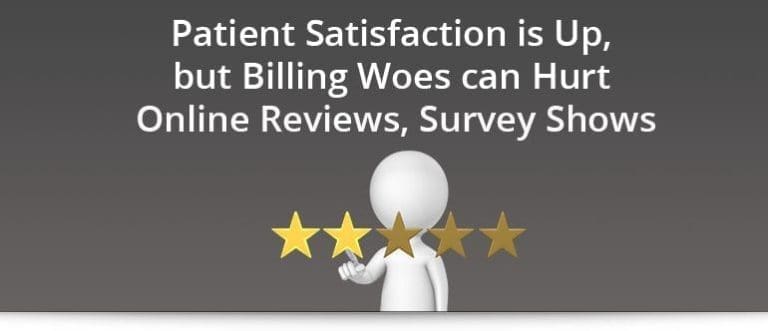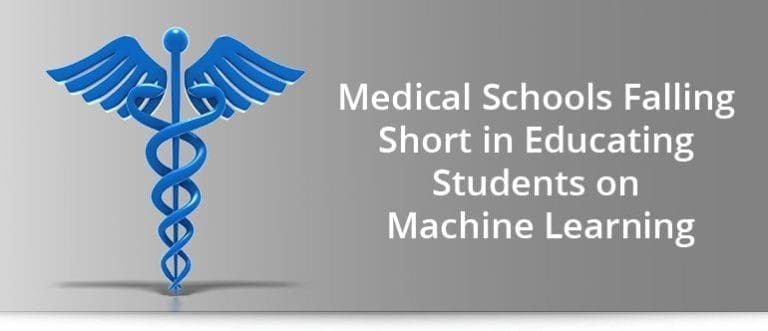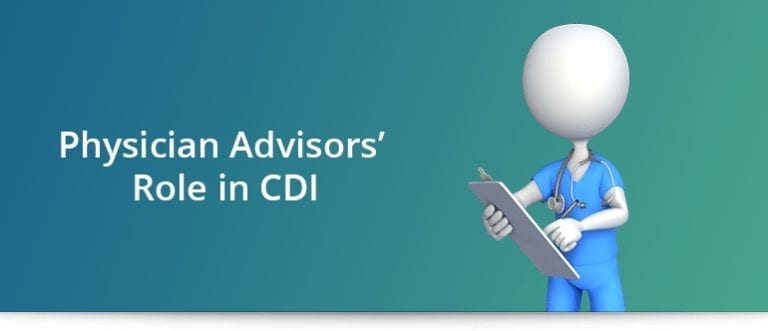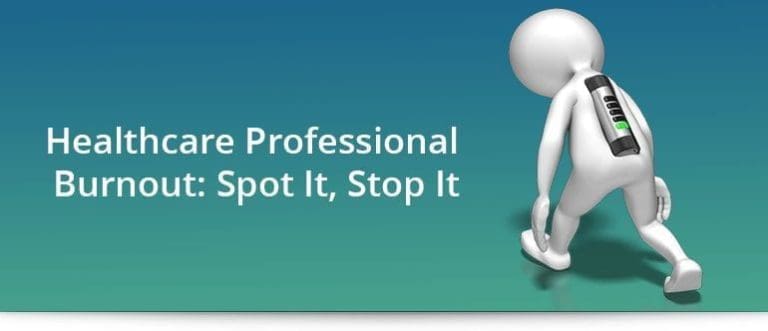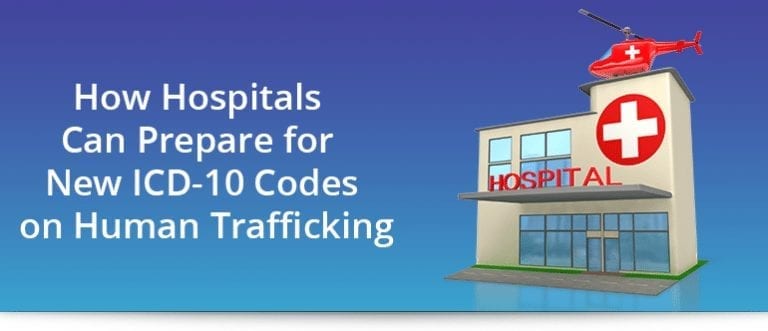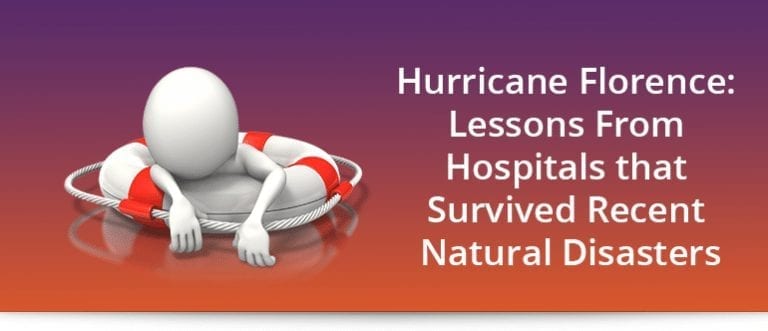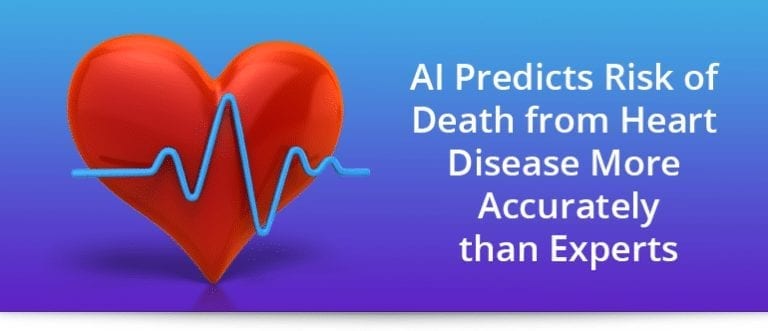Call us toll-free: 800-878-7828 — Monday - Friday — 8AM - 5PM EST
Getting Specific With Unlisted CPT Codes

By Karla VonEschen, CPC for For the Record Correct use of unlisted CPT codes is one of the more confusing aspects of CPT coding for both coders and physicians alike. Although unlisted codes are used only when no code exists to accurately describe a procedure or service, these codes serve an important purpose. With advancements…


